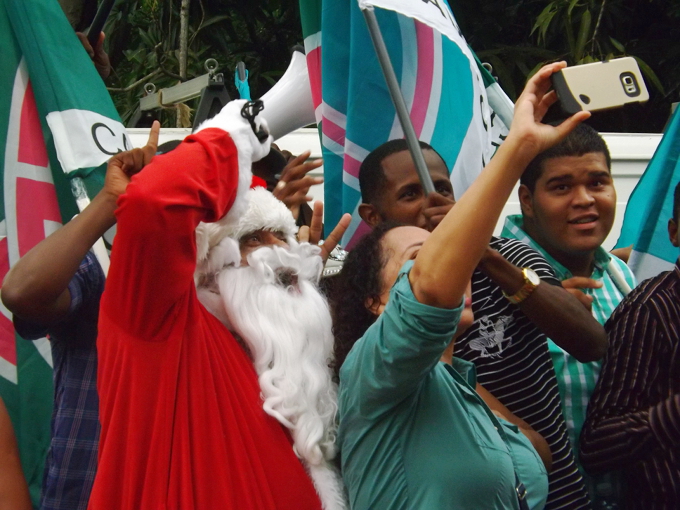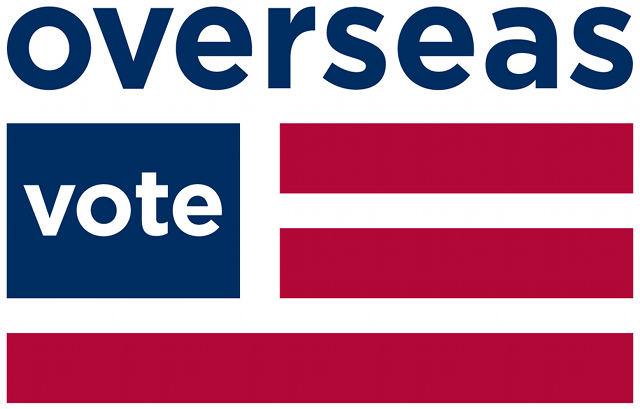
Martinelli’s bad day is topped off by a high court order for his arrest
by Eric Jackson
That a nine-member panel of the Supreme Court that met on the afternoon of December 21 would issue an arrest warrant for Ricardo Martinelli was more or less a foregone conclusion. The ex-president’s Cambio Democratico party was obliged by the circumstances to put on more of a show than they had at past hearings, especially the December 16 one that had denied Martinelli’s habeas corpus motion and scheduled the hearing about a preventive detention order. The proceeding got underway at a little after 3 p.m., at which time the magistrates heard motions and arguments. The hearing adjourned after about two hours of open court proceedings, which were followed by five hours of deliberation among Hernán De León, Nelly Cedeño, Harley Mitchell, Oydén Ortega, Abel Zamorano, Wilfredo Sáenz, Luis Mario Carrasco, Secundino Mendieta and Luis Ramón Fábrega, the four magistrates, two acting magistrates and three suplentes who comprised the panel. At about 10:30 p.m. they announced the decision to order the arrest and preventive detention of Ricardo Martinelli and to seek his extradition from the United States.
Martinelli’s lawyers’ motion to declare the proceeding unconstitutional as summarily rejected on the grounds that this hand had already been played and found wanting. A proposal to order Martinelli’s arrest for contempt of courst was discounted because the business at hand was not about the contempt per se, but about the underlying charge that Ricardo Martinelli had ordered and conducted illegal electronic surveillance on a massive scale. His contempt of court was merely evidence that should Panamanian justice lay its hands on Martinelli, he should be arrested and locked up pending trial. A defense motion to set back the process to the point of naming Martinelli as the subject of an investigation rather than bring him to court as a formally accused defendant was rejected, while suggestions by lawyers for some of the victims that the court order Martinelli’s passport cancelled and that the court make an extradition request directly to the US government rather than through INTERPOL were ducked in the court’s decision. (There would be separation of powers questions involved in the latter suggested procedures. The executive branch has the power to void Martinelli’s passport but it’s not clear that the courts do, particularly in a proceeding in which the passport office is not represented. Extradition requests may start in the courts, but typically they then go through the executive branch, either via the Ministry of Security to INTERPOL or via the Ministry of Foreign Relations to the government of place to which the suspect has fled. Whether President Varela moves to cancel his predecessor’s passport would probably be a good indication on whether Varela truly wants Martinelli back in Panama to stand trial.)
Perhaps the most telling parts of the drama were the thing that happened or did not happen outside of the courtroom that day. If the high court’s decision was a defeat, it was expected. The day’s surprises, and some of the other expectations that were confirmed, all went badly for Martinelli.
The protest outside the hearing? Where was the top of the 2014 Cambio Democratico ticket? Neither José Domingo Arias nor Marta Linares de Martinelli were there. Nor was the party’s secretary general, Rómulo Roux. Nor did many of those who were elected on the Cambio Democratico ticket show up to defend the party’s founder. Most of the crowd was brought in by bus from Colon, a mobilization of low-paid actors rather than party activists.
Earlier in the day, from his Miami self-exile Martinelli announced a party purge. Former labor minister Alma Cortés was deputized to act as party president in Martinelli’s absence, and that half of the party’s legislative caucus that is openly defying Martinelli’s orders would be removed from the National Assembly. Cortés said that files were already being compiled on the errant deputies. “In their time, they played the necessary role,” she told La Estrella, but now Martinelli is ready to spit them out. However, to do that they would need the approval of the Electoral Tribunal and it’s in some doubt whether that body will even accept Martinelli’s designation of Cortés to act on his behalf to the extent that it would accept any papers from her that purport to remove an elected official from office.
Meanwhile, in another Supreme Court case, magistrate and acting prosecutor Oydén Ortega asked for a hearing in the case against Martinelli arising from the overpriced purchase with kickbacks of dehydrated foods for public school lunch programs. That case stalled this past July 2, when the statutory time for investigating that matter had nearly run and Ortega challenged the constitutionality of that Martinelli-era special protection for criminal suspects with legislators’ credentials. The court upheld Ortega’s challenge on November 19, but there was a time window to move for reconsideration, which has now closed. After an ultimate conviction and full national appeals process Martinelli might again challenge that ruling in an appeal to the Inter-American Human Rights Court. However, that body has taken a generally dim view of politician impunity devices. Five other people who are not legislators face trial in that case next May, before an ordinary criminal court. Whether anything new is to be taken up at the hearing that Ortega requests has not been specified. He made his July 2 challenge to the criminal procedure rule that was overturned — thus suspending all proceedings while that motion was pending — at a hearing requesting an extension of time for an investigation. Any investigation on Ortega’s part during that interim would also have been barred, but meanwhile investigations in other cases arising from the same scheme went on. If the hearing will merely be about reviving the case at the point where it was suspended, then it would be in the nature of a scheduling conference. The norm, however, is that at any hearing at any stage of any case against Martinelli, the former president’s battery of lawyers will take the opportunity to file dilatory motions.












